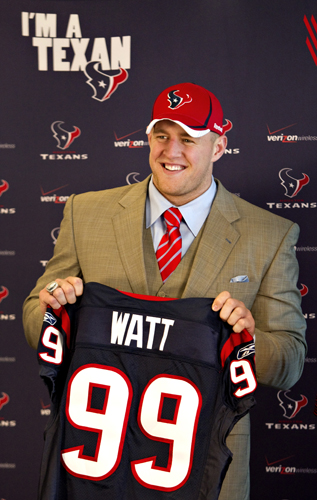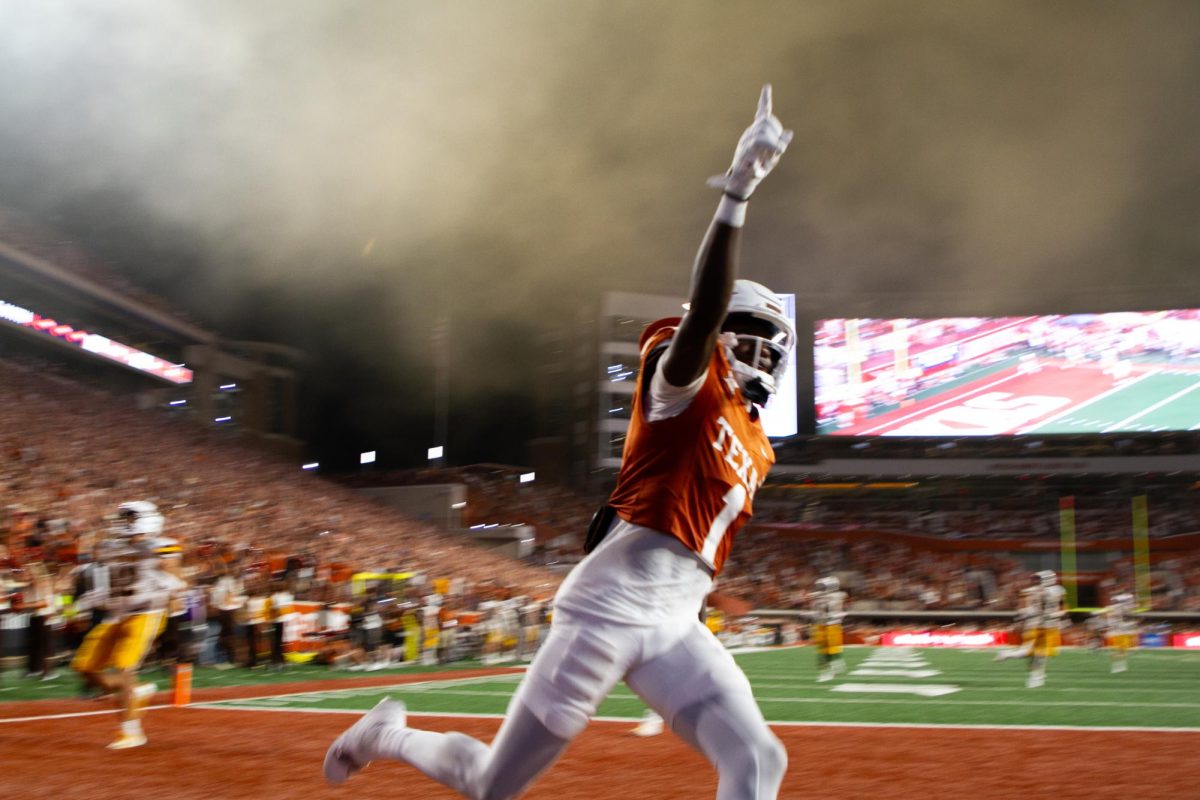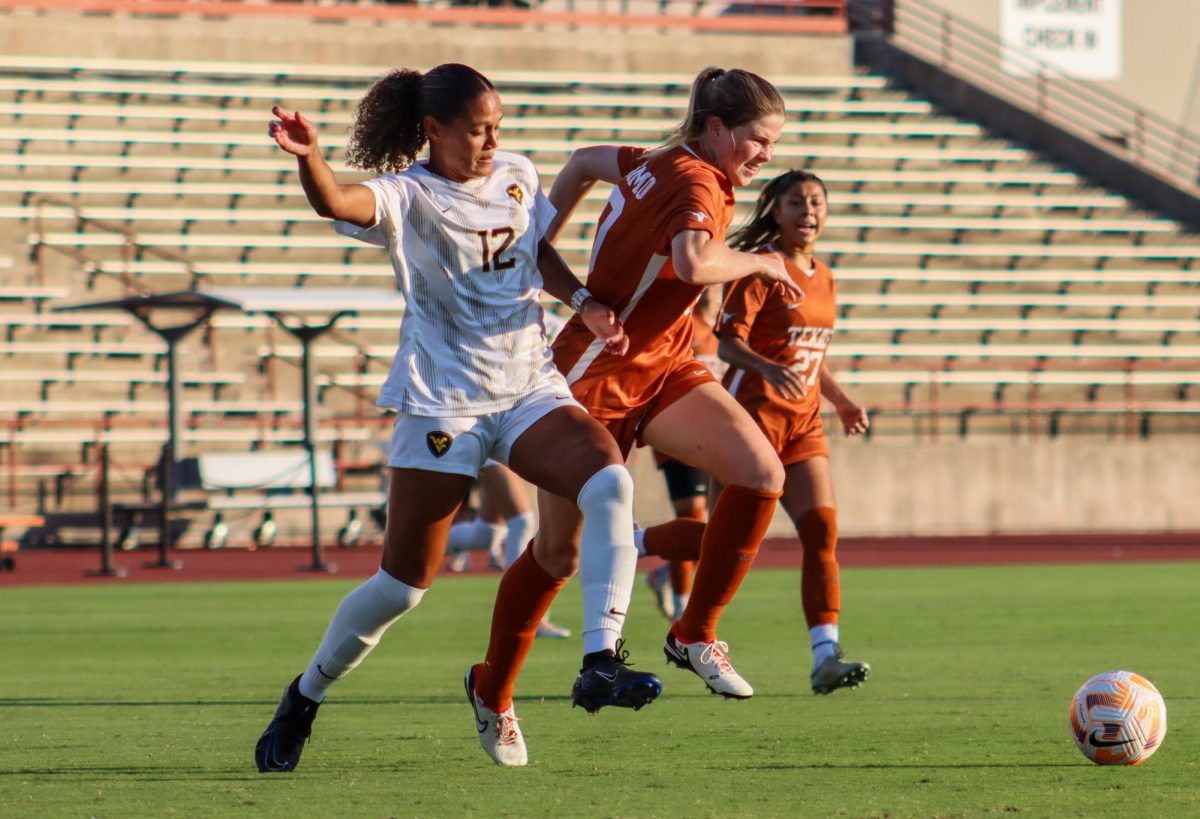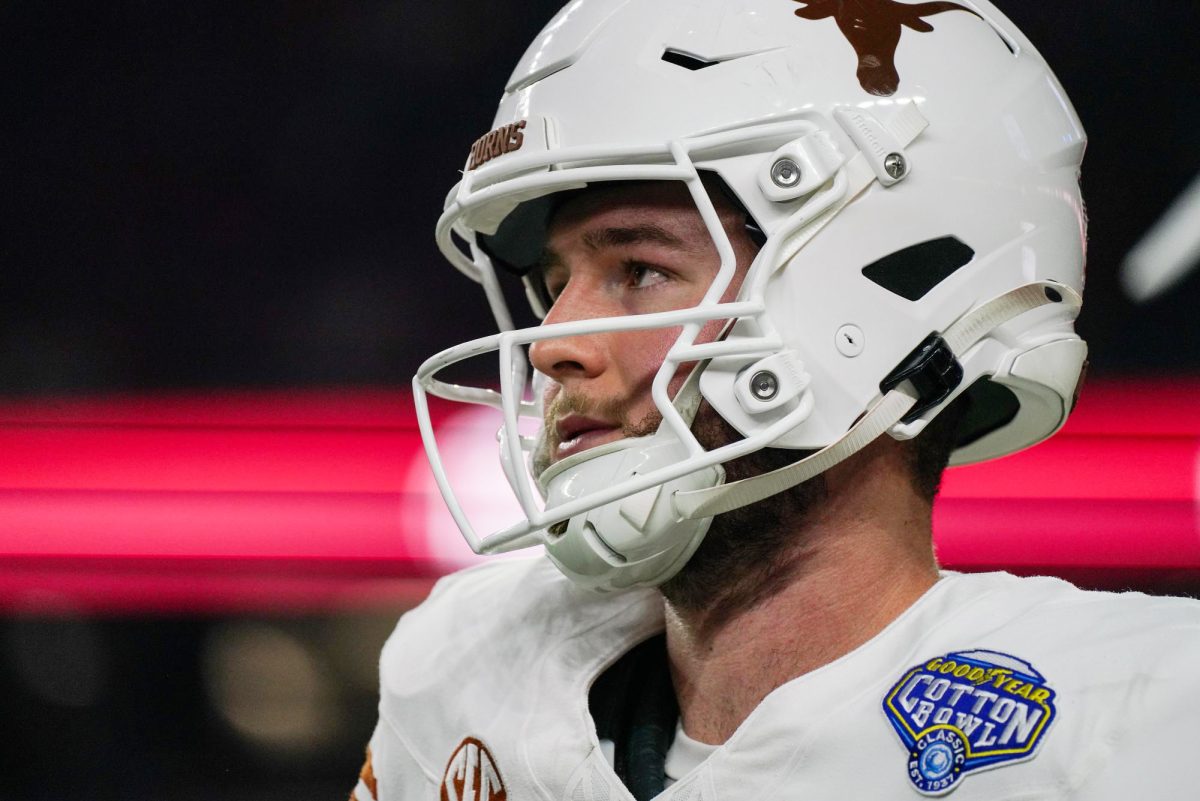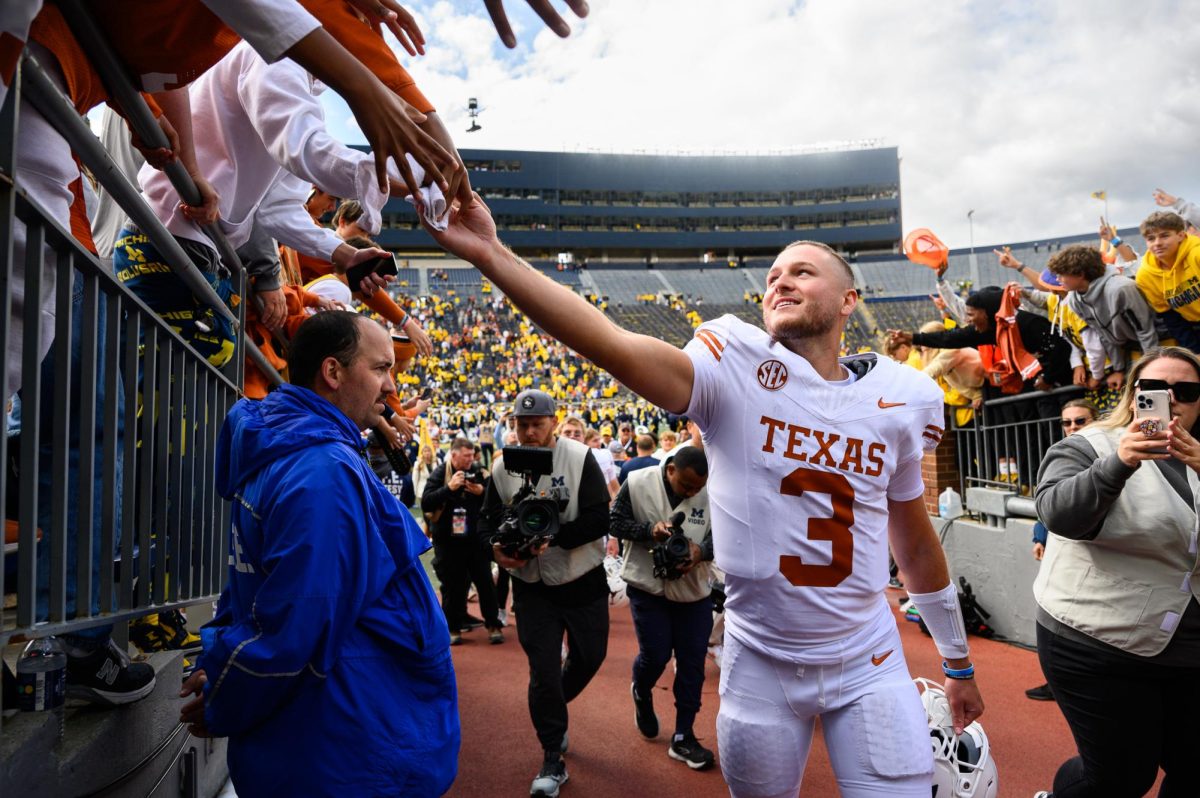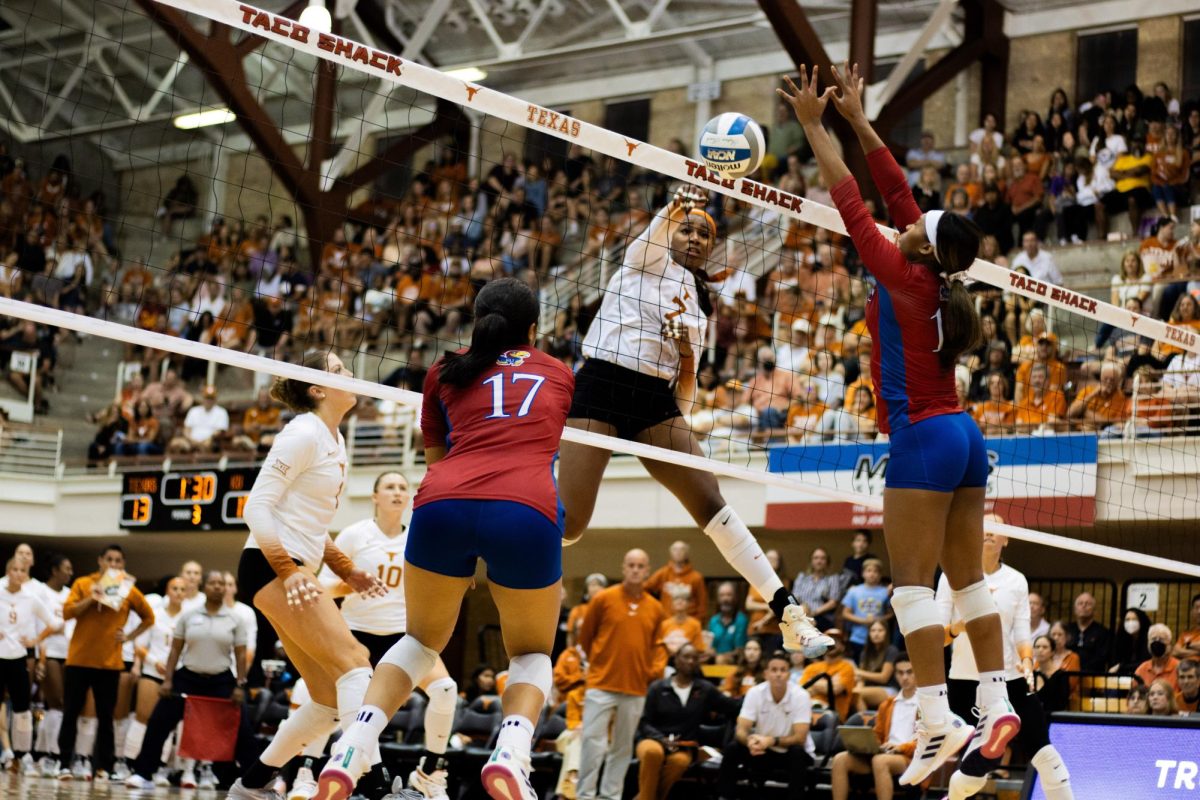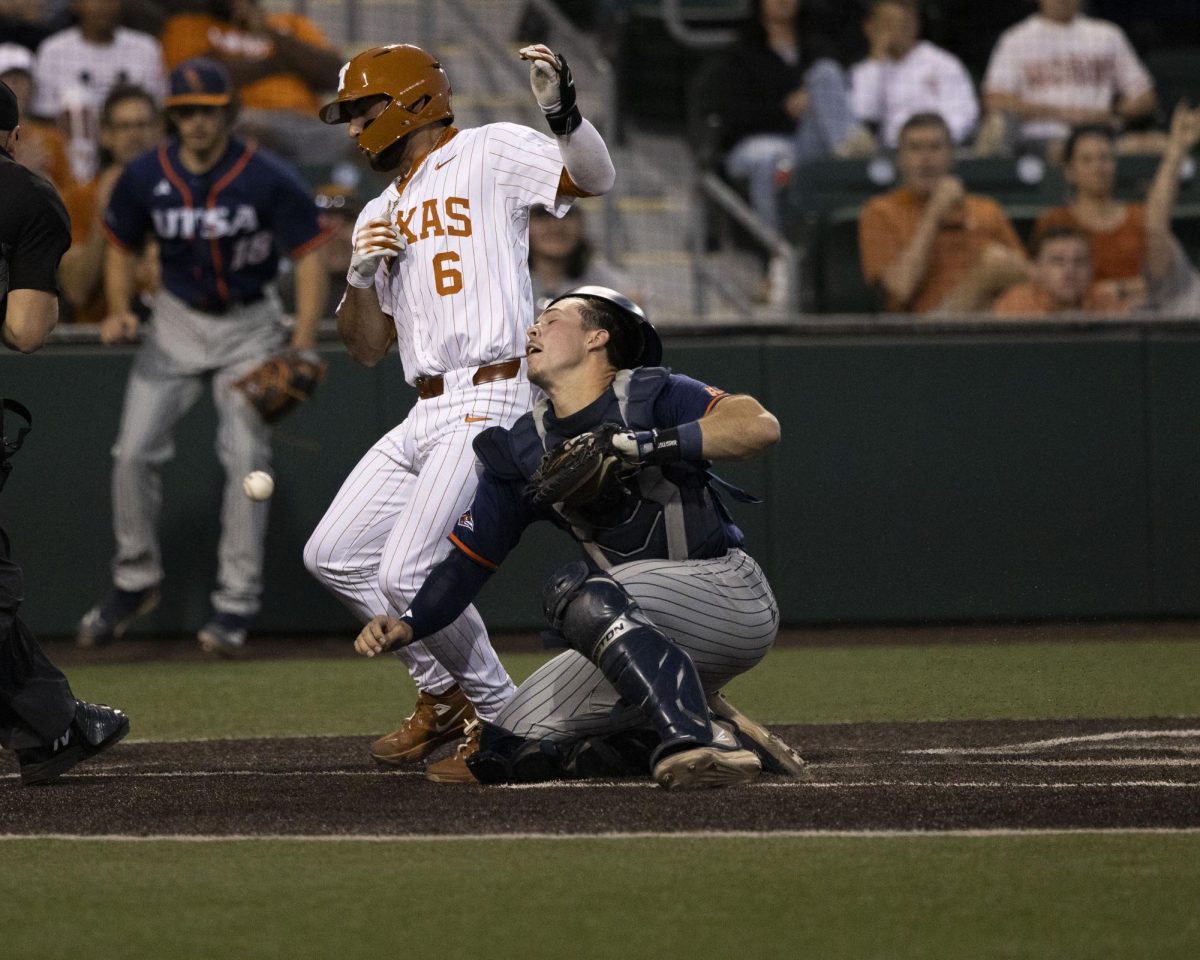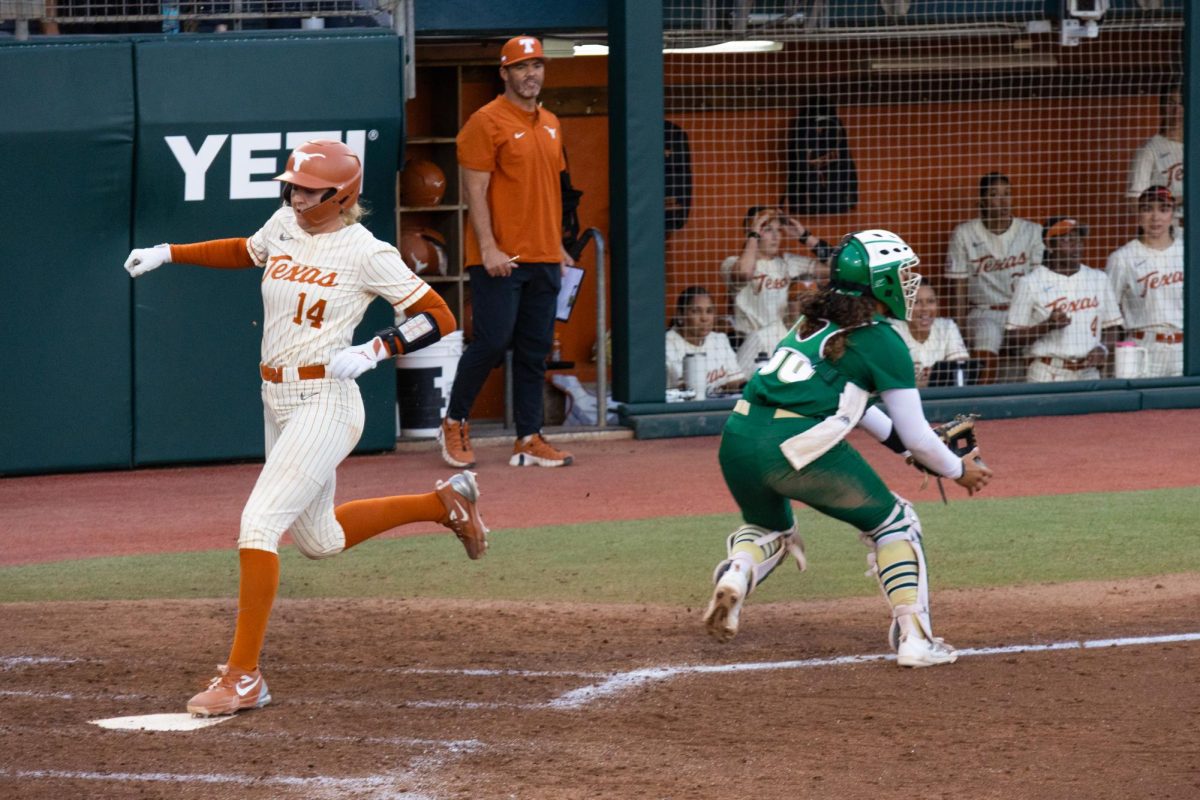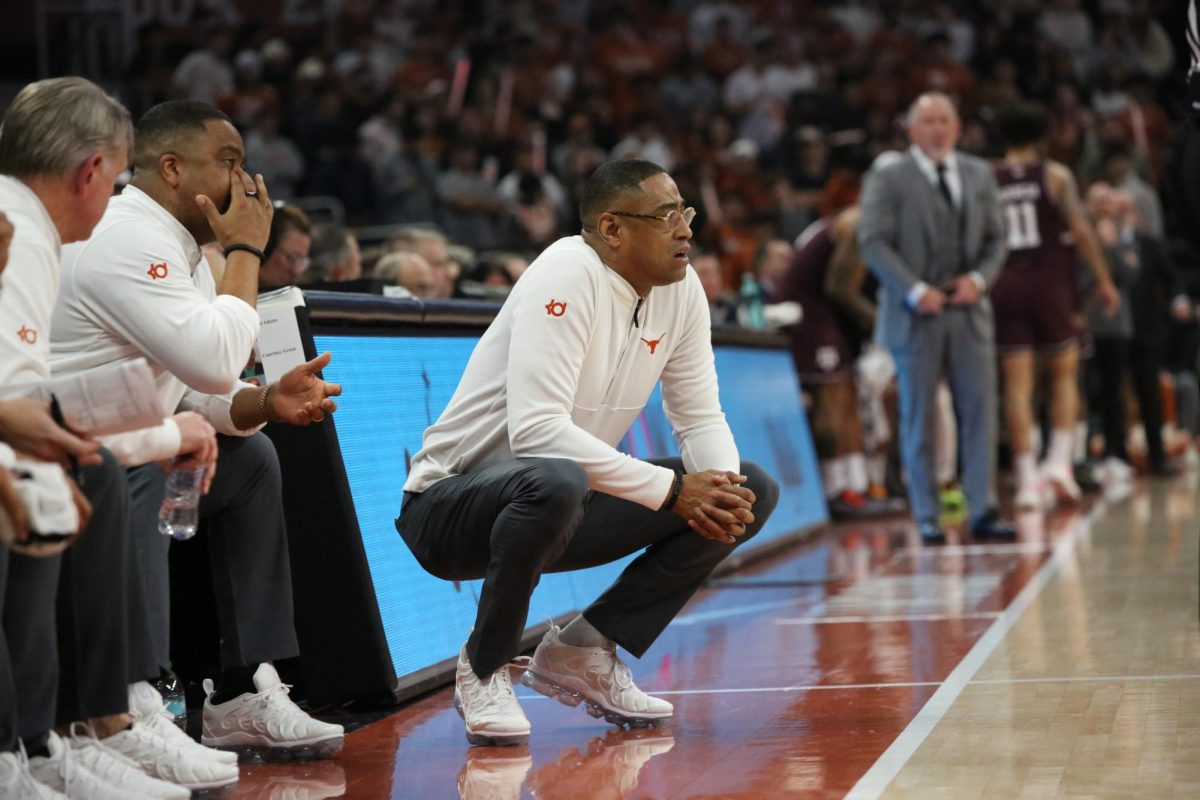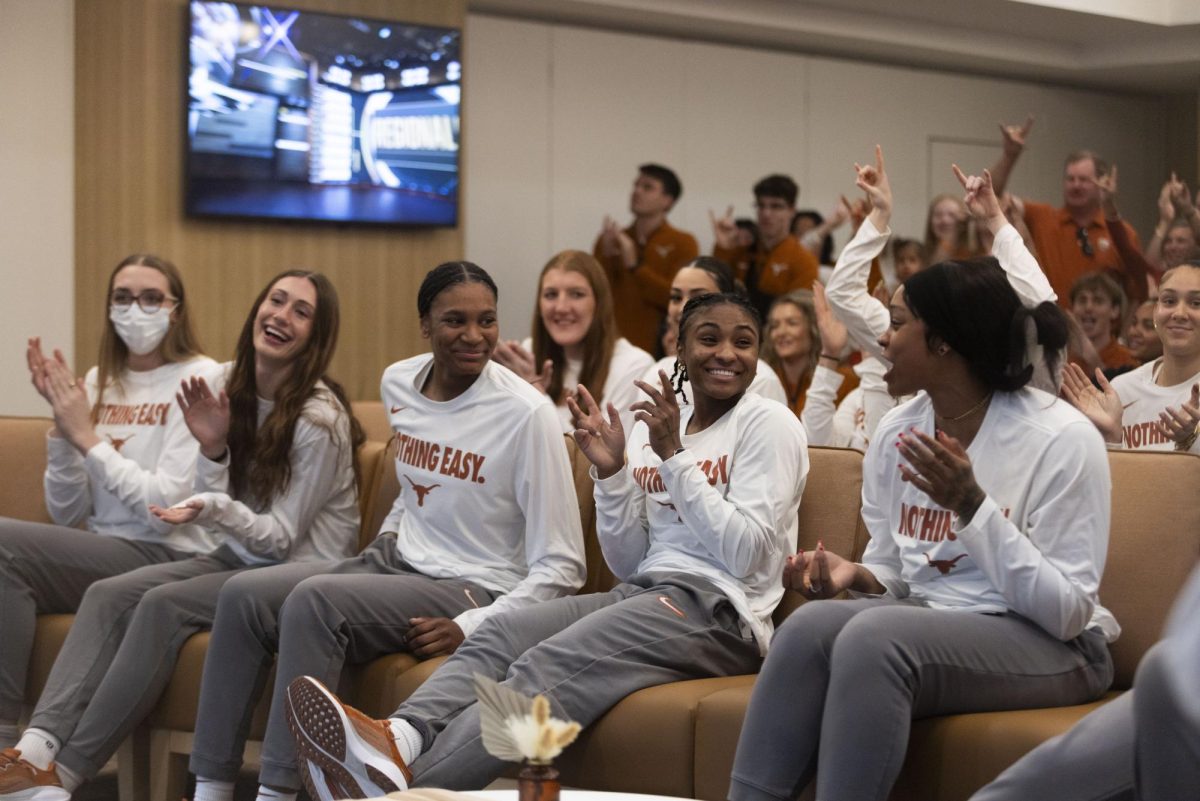The ultimatum hanging over Houston Texans head coach Gary Kubiak for next the football season — whenever that may be — is simple: Get the team into the playoffs or pack your bags and leave town. It came as no surprise that Kubiak used all but one of Houston’s draft picks to address last season’s league-worst pass defense — the wrench in the gear that kept the Texans from being elite.
None were more important than the Texans’ first-round pick out of Wisconsin, defensive end J.J. Watt (6’6”, 292). With an eye for hunting down quarterbacks, Watt will fit well into the five-technique end in new defensive coordinator Wade Phillips’ scheme. Even as a rookie starter, he will provide a much-needed pass-rushing presence for a team that ranked 23rd in total sacks. He led Wisconsin last season in tackles for losses, and alongside Mario Williams, the Texans should finally have that imposing front line of defenders that has eluded them for nine years.
The Texans also had a productive second round of the draft by trading up for two picks. Houston selected Arizona outside linebacker Brooks Reed and Miami cornerback Brandon Harris in hopes of addressing the team’s abysmal pass defense.
Reed was a potential first rounder that slipped into Houston’s hands in the second round, and team management could not have been happier. Reed brings speed to the Texan’s linebacking corps, and the coaches believe it will compliment the pass rush. His 10-yard split time at the combine was faster than Von Miller’s, the highly touted outside linebacker from Texas A&M.
“When you’re pressuring the quarterback, it starts with your get-off speeds,” said Texans linebackers coach Reggie Herring. “He’s got strength and speed, and he’s mature physically. He’s got a great work ethic, too. Not only is he an athlete, but he’s got all the intangibles.”
Though many analysts say Houston drafted rather well, there are some lingering questions for Kubiak’s club. The Texans skipped the opportunity to address its pass defense head-on by glazing over Nebraska corner Prince Amukamara. He was the cornerstone of a Nebraska secondary that was among the country’s best in 2010. Though they drafted Harris and fellow defensive backs Rashad Carmichael of Virginia Tech and Keo Shiloh of Idaho, the two aren’t expected to make an immediate impact the way Amukamara would have. Houston’s pass defense philosophy isn’t so obvious though.
“Our first two picks, that’s going to make us better,” said defensive backs coach Vance Joseph. “The better you are up front the better you’re going to be on the back end.”
Still, the Texans can’t forget how many games their defensive backs blew last season. Though Kareem Jackson and Glover Quin have matured, Houston will need to look for a veteran defensive back in free agency — which cannot occur until the NFL lockout ends — if their defensive transformation from mediocrity to mastery is to be complete.

